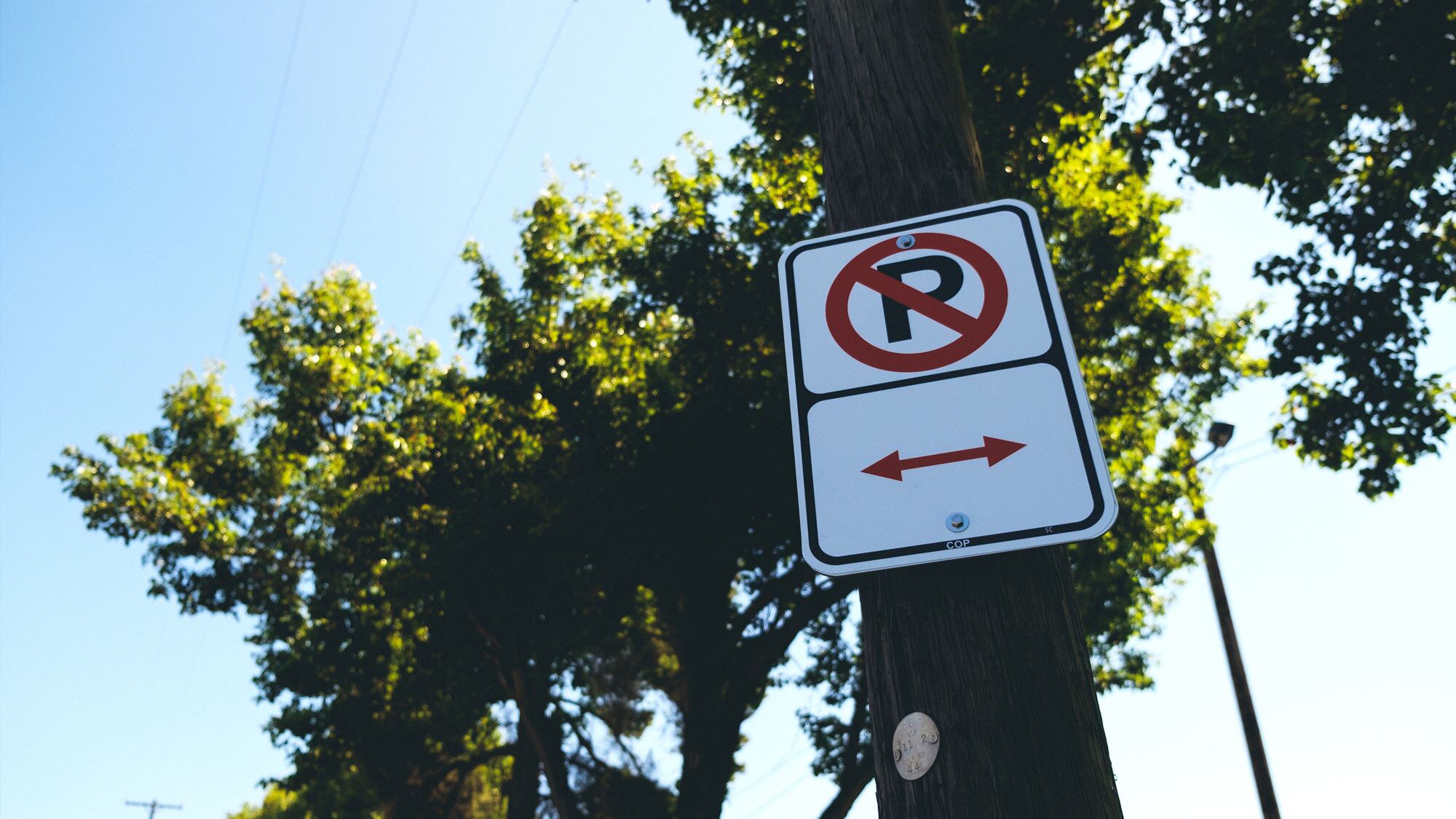Oregon legislators are likely to consider a number of criminal justice reforms next year, including several bills that take aim at policies that disproportionately impact low-income Oregonians.
Rep. Jeff Barker (D-Aloha) tells WW he expects to see a number of controversial issues come before him as chair of the House Judiciary Committee.
He expects a bill to eliminate split jury verdicts, which allow a person to be convicted or acquitted of any felony other than murder with just 10 votes. Oregon is one of just two states—the other is Louisiana—which do not require unanimous jury decisions.
A number of other bills Barker says he anticipates involve the costs of the state's justice system.
"We're catching poor people in a spiral they can't get out of," says Barker, a former Portland police officer who says he personally saw how court fees and fines can disrupt people's lives. "I've seen what happens to people who get caught in those cycles."
One possible bill would waive fees for hearings on parking tickets for low-income Oregonians, who currently have to post bond on the tickets before being able to challenge them in court. Another would ban driver's license suspensions for unpaid traffic violations, which Barker says disproportionately impacts economically vulnerable people who rely heavily on their vehicles to get to work and may not be able to afford the fines.
Barker says he also plans to introduce a bill to increase pay for public defenders.
Legislators are likely to tackle the policies around lifetime prison sentences for juveniles, after the Supreme Court ruled that those convicted as minors must receive a parole hearing at some point in their lives. Lawmakers will likely craft a set of parameters that spell out when those individuals should get a parole hearing.
Finally, the state legislature may also place constraints on plea bargain negotiations for juveniles and adults.

